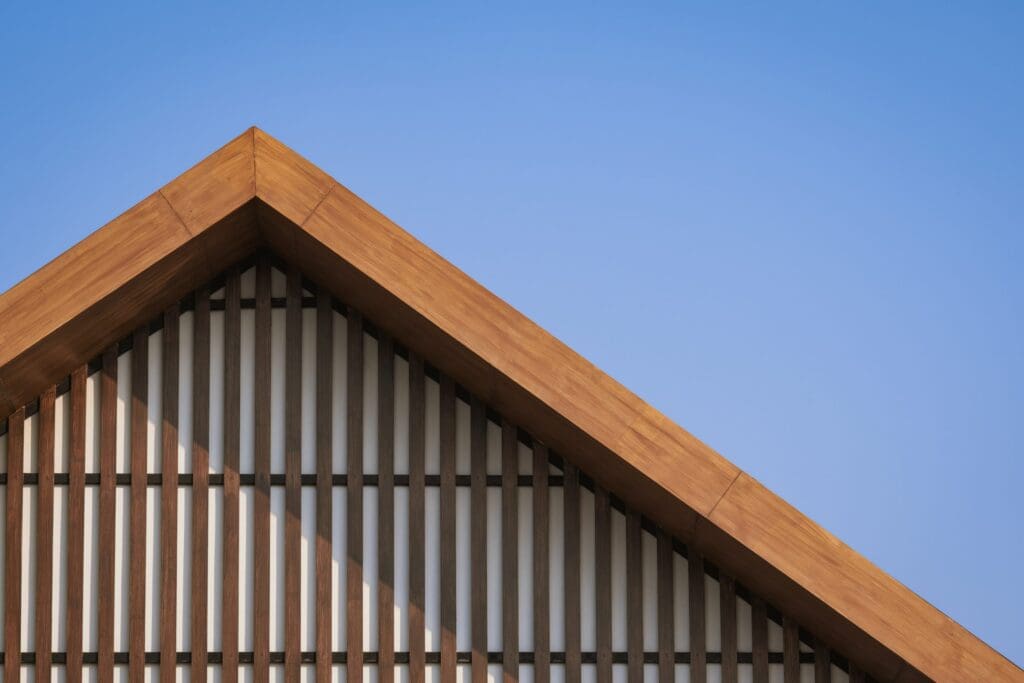
Published on August 22, 2023
When it comes to optimizing the energy efficiency of your home, insulation is a game-changer, especially for metal roofs. However, with so many types of insulation available, it can be an overwhelming task to select the right one. So what are the key factors you should take into account when choosing metal roof insulation? Let’s dive into the subject.
Metal Roofing Insulation Considerations
Imagine this: It’s a sweltering summer day, and the sun is beating down on your home. But inside, it’s refreshingly cool without having to run your air conditioning at full throttle. Or it’s a frigid winter night, yet you’re toasty warm indoors without cranking up your heating system to the max. This energy-efficient utopia isn’t pure fantasy—it’s a reality you can achieve with well-insulated metal roofing.
Metal roofing insulation works by creating a thermal barrier between the outside world and the interior of your home. In the summer, this means the insulation reflects the sun’s heat away from your home, preventing it from seeping inside and overheating your living space. During winter, the insulation prevents the heat generated inside your house from escaping, ensuring that you stay warm with less need for heating. This dual functionality makes metal roofing insulation a year-round energy saver.
But how does this translate to savings on your energy bills? When your home’s temperature regulation improves, your reliance on heating and cooling systems reduces. As a result, you consume less energy, which translates into lower utility bills. It’s a win-win situation: You enjoy a comfortable indoor climate while also saving money and reducing your carbon footprint. So, if you’re looking to boost your home’s energy efficiency, consider the benefits of metal roofing insulation.
R-Value
The R-value of insulation measures its resistance to heat flow. In simpler terms, the higher the R-value, the better the insulation material is at conserving energy and keeping your home comfy. Metal roofs can quickly heat up or cool down, so you should choose insulation with a high R-value to maximize the energy efficiency of your metal roof.
Properly installed metal roof insulation works like a charm to limit the flow of heat between the inside and outside of your home. This means less heat escapes during the winter, and less warm air enters during summer. It’s about creating a barrier that helps maintain a consistent indoor temperature, reducing the need for excessive heating or cooling. This energy efficiency translates into significant savings on your utility bills.
Material Options
There are several types of insulation materials you could consider, each with its own pros and cons. Common options include fiberglass, mineral wool, cellulose, foam board, and reflective insulation. When choosing, it’s important to consider factors such as cost and the environmental impact of the insulation material.
Installation
Just as you wouldn’t take a cross-country trip without a well-tuned vehicle, you shouldn’t overlook the importance of proper installation when it comes to your metal roof insulation. The right setup can be the key to maximizing energy efficiency and savings, letting you enjoy a comfortable, affordable home for years to come.
The effectiveness of your insulation can be greatly impacted by how well it’s installed. If there are gaps, the insulation’s ability to resist heat flow (the R-value we talked about above) could drastically decrease. Proper sealing and installation ensure that your insulation works optimally, maximizing your energy efficiency and savings.
Professional installers like those working at Warner Roofing have the experience and knowledge to handle the intricacies of the job, which could result in better energy efficiency and cost savings in the long run.
Final Thoughts on Metal Roof Insulation
Some people think insulation for a metal roof is redundant due to the inherent insulating properties of metal. However, proper insulation is crucial for any roofing system, including metal ones. Insulation helps manage the temperature of your home, reducing energy consumption, and saving on energy bills. It also aids in controlling noise, making your home quieter.
Still, it’s important to remember that not all metal roofs are created equal. The quality, type of metal, and insulation used can significantly affect the performance and longevity of your roof.
Before making any major roofing decisions, research thoroughly, consult with professionals, and make an informed decision that suits your specific needs and circumstances.
Questions? Warner Roofing in Vancouver WA can help!